Surgeons educated for Silk Road
Updated: 2016-08-25 11:03
By Amy He at the United Nations(China Daily USA)
|
||||||||
Neurosurgeons in particular are rare in developing countries; China is helping
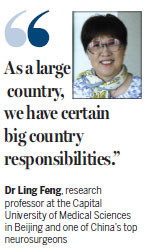
Neurosurgeons are rare in developing countries, and as part of the One Belt One Road Initiative, China is stepping in to help train the next generation of doctors in the specialty in countries along the old Silk Road, said Dr Ling Feng, one of China's top neurosurgeons.
"As one of the most difficult medical fields, being able to train young neurosurgeons can help save a lot of lives. For some diseases - stroke, hypertension-related hemorrhaging - if you cannot offer emergency treatment, patients can die immediately," she told China Daily on the sidelines of the 2016 NGO Global Summit for UN Sustainable Development Goals, which his taking place in New York from Aug 24 to 26.
Ling is one of the lead participants in a program that's devoted to training young medical students in the latest neurological techniques and know-how.
The focus of the effort, sponsored by the Chinese government, is to provide an "upgrade or refresh" for medical professionals before they return to their countries, where they will hopefully have an impact on local lives.
Now in its third year, the program has so far trained 176 doctors from 42 countries, Ling said.
"We have the capability now. It's completely different from 50 years ago" when resources were limited and doctors could not demonstrate their real capabilities and techniques, she explained.
"But now we have developed these techniques [to a much higher standard] than before, and we have the good equipment and facilities to use to demonstrate these advanced techniques. We also have marvelous experience because we have such a large population of experts," she said.
Ling is a research professor at the Capital University of Medical Sciences in Beijing and a board member of the Geneva-based World Federation of Neurological Societies. She was also one of the pioneers of neurosurgery in China, establishing the country's first neurology intervention center in 1983.
Ling said she is a believer in sharing medical expertise - a better way to establish strong relations with other countries than perhaps other channels.
"Science doesn't discriminate," she said. "For doctors, all lives are equal and valuable. Every life, no matter your political perspective or religion or attitude, is equal, and it is the doctors' job to always try their best to save them."
"The person who has been saved, he might carry with him certain political attitudes or ability to help somehow, and he'll try the best he can to reciprocate," she said.
Ling, who joined the army at a young age and worked in various hospitals across China throughout her career, said the most important aspect of her role is to disseminate aid in whatever way she can to those who can benefit.
"As a large country, we have certain big country responsibilities. As President Xi Jinping has said, big country responsibilities do not necessarily entail politics or military might, it's in other areas - to help with infrastructure, aid, healthcare. Those are the things we can contribute."
amyhe@chinadailyusa.com
- Respect, protect nature during development: Xi
- School to compensate parents of students studying in US
- Gobi has been found! Marathon-running stray dog reunites with owner
- Talks with Manila at early date expected
- Six Chinese youths make MIT's innovators of the year list
- Whale shark found dead in
East China
- Prince William and Kate visit charity orgarnization in Luton
- China welcomes Japan to play constructive role in G20 summit
- Expert: G20 ushers in collective leadership
- Turkey to provide support for anti-IS operation in Jarablus
- China, Japan, S. Korea should work to make differences controllable
- Several killed after strong quake strikes Italy, topples buildings

 Top 5 fitness bands in customer satisfaction
Top 5 fitness bands in customer satisfaction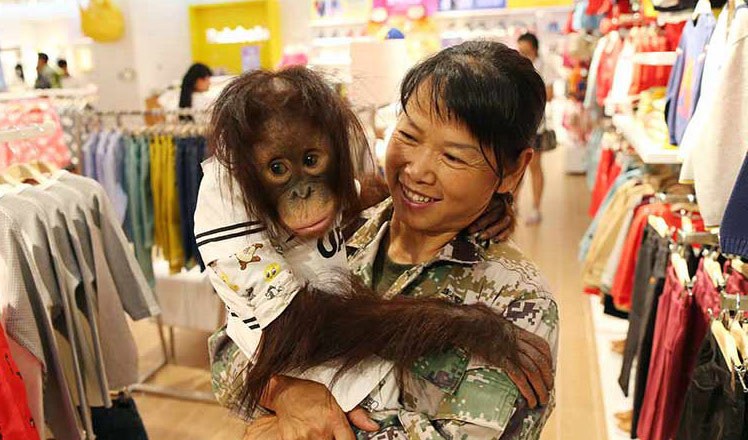
 Orangutan goes shopping in Southwest China
Orangutan goes shopping in Southwest China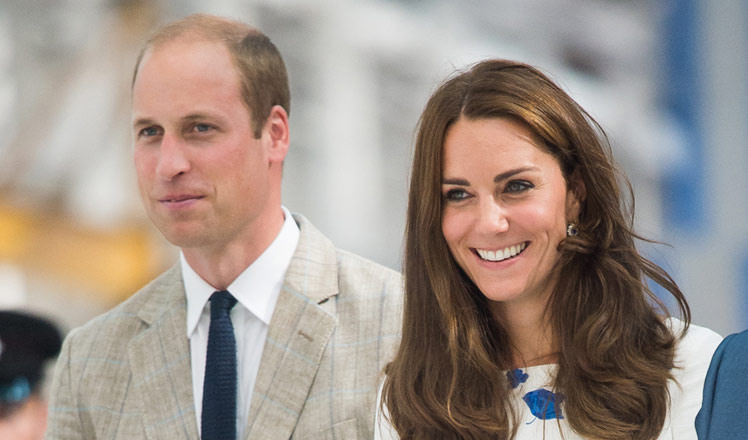
 Prince William and Kate visit charity orgarnization
Prince William and Kate visit charity orgarnization
 London Zoo's animals have annual weigh in
London Zoo's animals have annual weigh in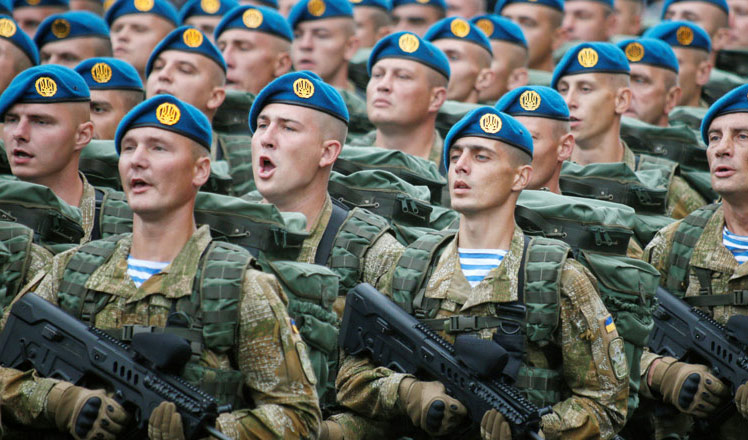
 Ukraine celebrates Independence Day
Ukraine celebrates Independence Day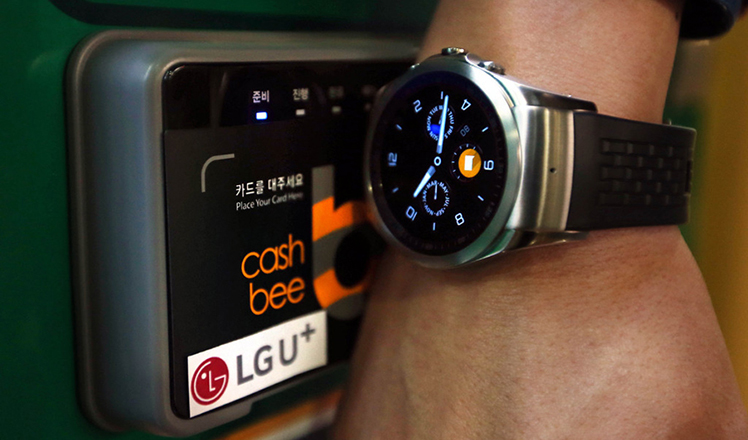
 Top 5 smartwatches in customer satisfaction
Top 5 smartwatches in customer satisfaction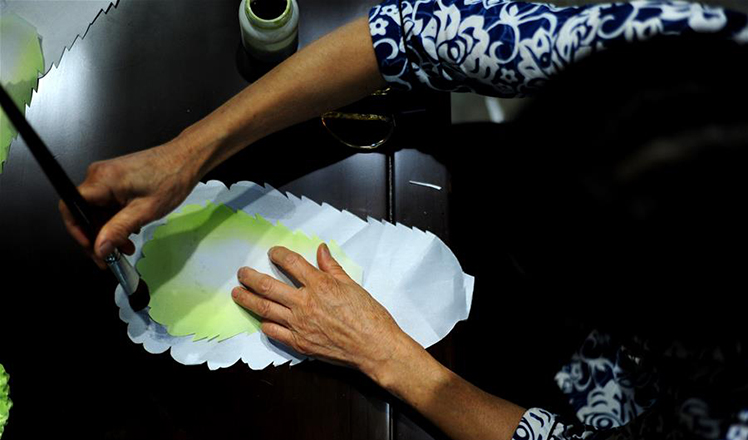
 Woman creates silk Chinese cabbage
Woman creates silk Chinese cabbage
 Panda family celebrate birthday in Malaysia
Panda family celebrate birthday in Malaysia
Most Viewed
Editor's Picks

|

|

|

|

|

|
Today's Top News
Trump outlines anti-terror plan, proposing extreme vetting for immigrants
Phelps puts spotlight on cupping
US launches airstrikes against IS targets in Libya's Sirte
Ministry slams US-Korean THAAD deployment
Two police officers shot at protest in Dallas
Abe's blame game reveals his policies failing to get results
Ending wildlife trafficking must be policy priority in Asia
Effects of supply-side reform take time to be seen
US Weekly

|

|









